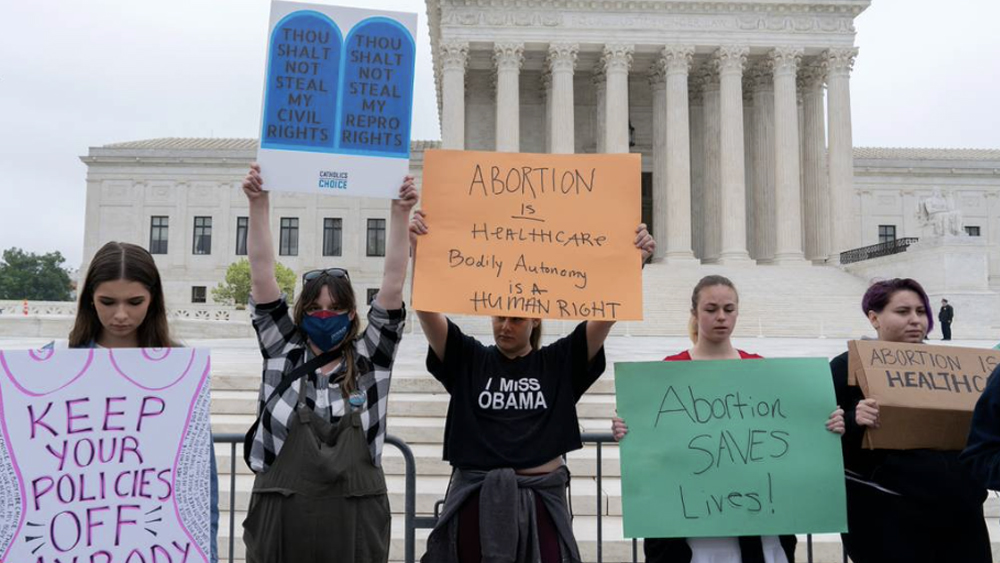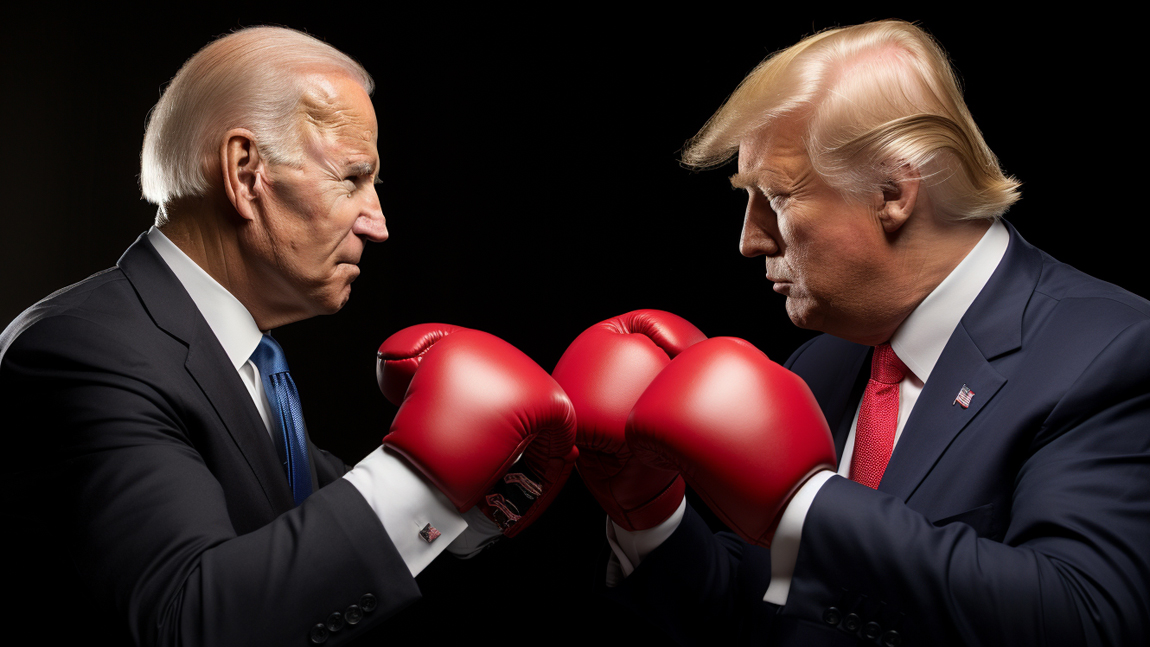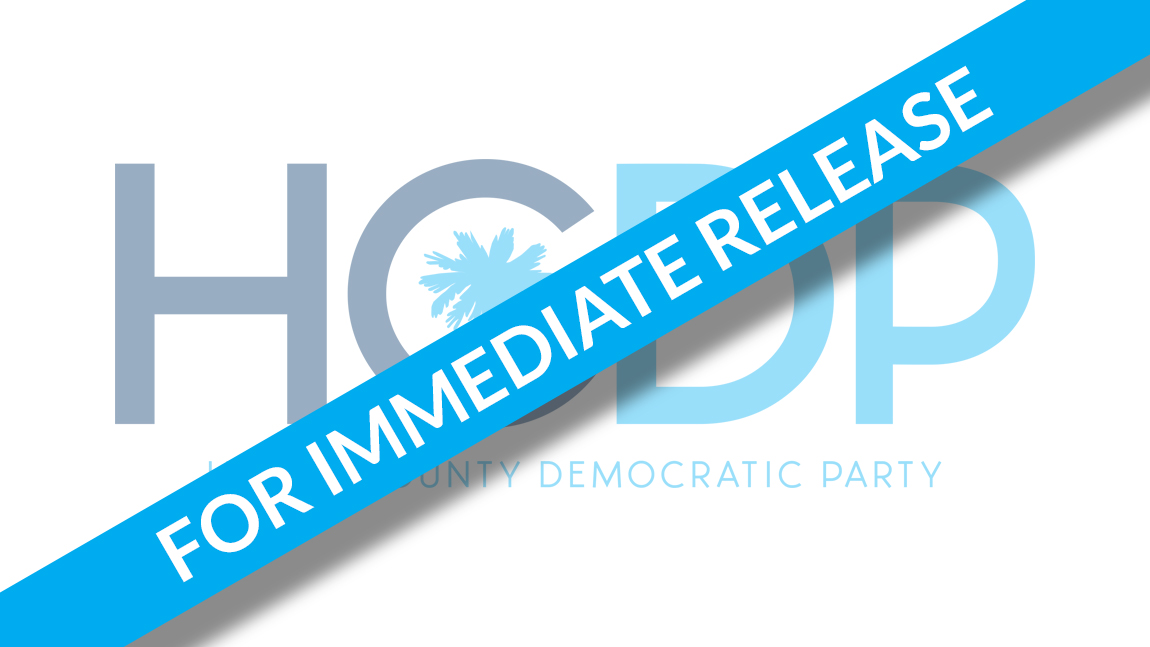In dozens of states across the nation efforts are underway to influence, even intimidate, school board members to restrict what can be taught, and what library books can be available, to public school students.
In South Carolina, for example, school boards are considering proposals to ban a long list of books from school libraries because of parental objections to their content, whether it involves the discussion of sexual identity, racial disparities, or other “controversial” topics. In Horry County, home to the resort community of Myrtle Beach, the county school board meets January 23 to consider such requests involving some 77 books.
Behind the drive to restrict library books and subjects that can be taught are activist conservatives, including Moms for Liberty, which says it “is dedicated to fighting for the survival of America by unifying, educating and empowering parents to defend their parental rights at all levels of government.”
“This is a very small, radical faction,” says Josh Malkin, legislative advocate with the American Civil Liberties Union (ACLU) in South Carolina. “Polling shows that folks on both sides of the aisle see book bans for what they are: a very dangerous attack on one of the core values of American democracy. This is not Democratic, it’s not Republican, it’s not conservative, it’s not progressive. This is radical. This is authoritarian, and this is dangerous.”
On the Lean to the Left podcast, Malkin acknowledges that parents have a right to restrict their own child’s access to information, but they should not impose those restrictions on other parents’ children.
“Sexuality and sexual violence are unfortunately an inherent part of adolescent life,” he says. “Removing books with such content does not change that fact and just restricts access to information that will allow adolescents to have healthier relationships, healthier sexual relationships, healthier romantic relationships.”
“And then I’ll also say we have experts. Librarians are experts. School librarians have one or two master’s degrees,” he adds. “It’s not like folks aren’t being thoughtful when they’re purchasing or placing books. Not only are folks being thoughtful, but it’s the folks that are experts. I recently heard a clip saying that every parent is the expert on their child.
Hey, no argument here.
“But those parents are not the experts on literary value. They’re not the experts on public health. They’re not the experts on teaching history, right? If a parent wants to restrict their own child’s access to information, I think that can be dangerous. But that parent always has that right. It’s this imperative that folks are now increasingly feeling that they should be able to control what other people’s children have access to. That is really frightening.”
Malkin points out that the Freedom to Read coalition is working to defeat unconstitutional efforts to ban books from school and public libraries in South Carolina. The Coalition includes educational organizations, civil rights groups, religious entities, and others who are committed to free speech and the free exchange of ideas.
“Book bans are in direct violation of the First Amendment, which guarantees all Americans the right to access information and the freedom to read without censorship. Without a doubt, school boards, library boards, and municipal governments that are banning books are running afoul of the Constitution,” said Jace Woodrum, executive director of ACLU of South Carolina. “We urge policymakers to stop this blatantly unconstitutional censorship. Whether we like a book or not, agree with it or not, none of us has the power to supersede the values instilled in the First Amendment.”
“We are seeing librarians get attacked in South Carolina,” says Malkin. “We’re having librarians resign already. There are policies being initiated calling for sweeping bans In South Carolina,” where there is pre-filed legislation “that would compel every school district to adopt the same policy and target the educator who presented the objectionable content.”
“These are the same folks attacking trans children,” Malkin adds. “The same folks saying that racism doesn’t exist. It’s, terrifying.”
“I think it’s dangerous for any parent to say human sexuality, diversity and human sexuality doesn’t exist,” he explains. “Or that diversity and gender identity doesn’t exist because your child could be going through something and your refusal to acknowledge that exists. Think about the psychological anguish that can cause your child. I get that parents have control over what their own children can access, but again, this idea that you can suppress information for other children, for other parents’, children…I just don’t know. I don’t know how you, justify that ever.”
Malkin urges residents to attend the Horry County School Board meeting Jan. 23 and let board members know that you oppose censorship of books that children can read based on ideology and political views. For more information, contact FreedomToReadSC@gmail.com.
“Please know that there are efforts to fight back,” Malkin says. “We’re not going to let this go down without a fight.”
Bob Gatty is co-chair of the HCDP Communications Committee.
Listen to “Josh Malkin-Battling Book Bans” on Spreaker.






